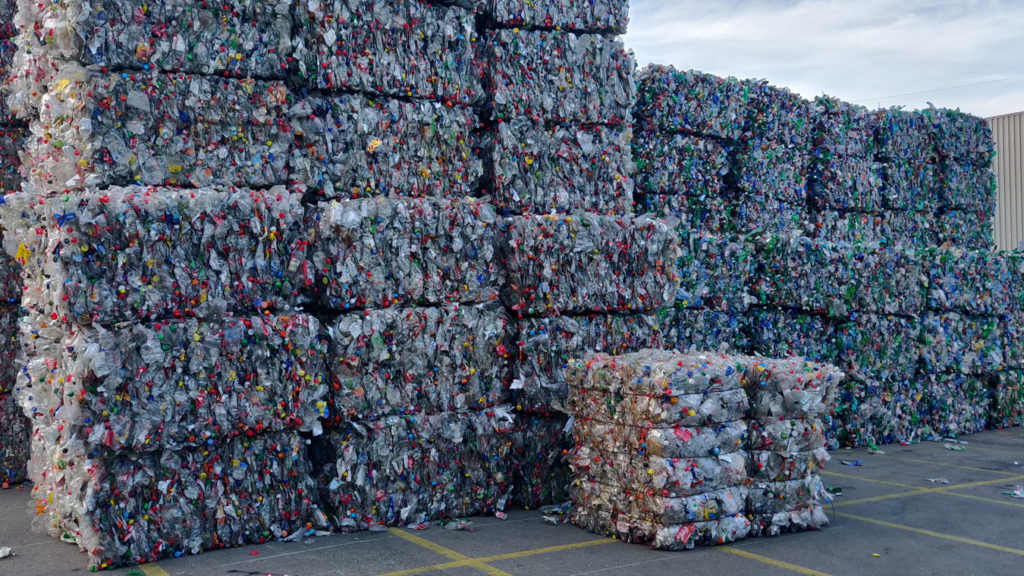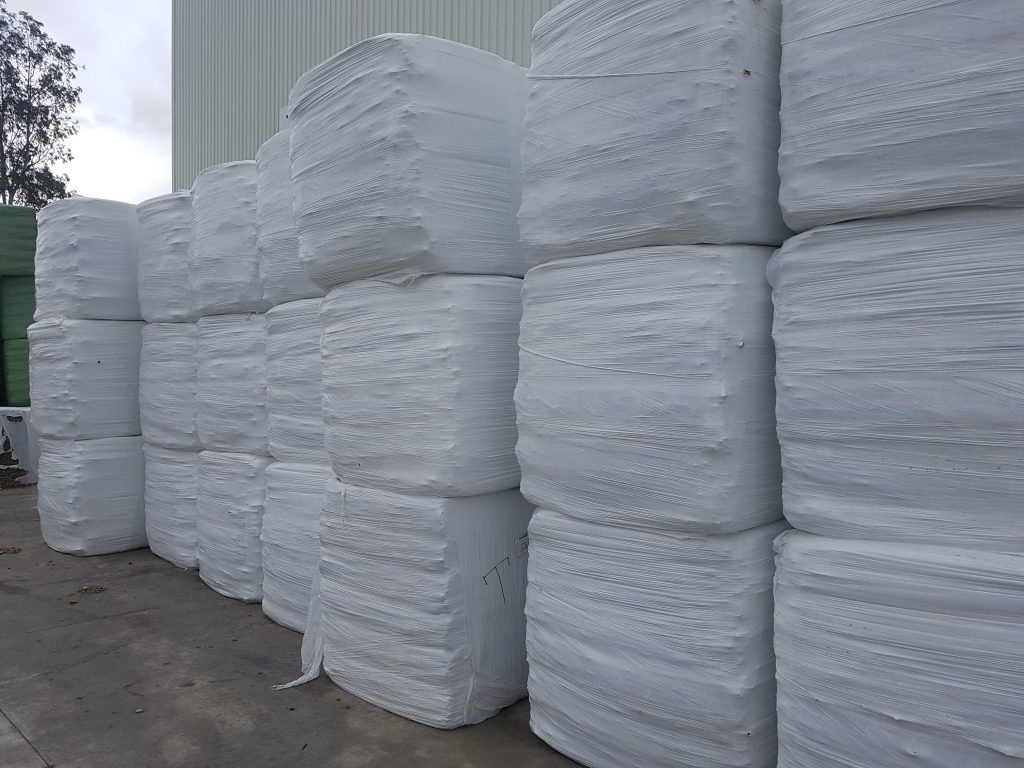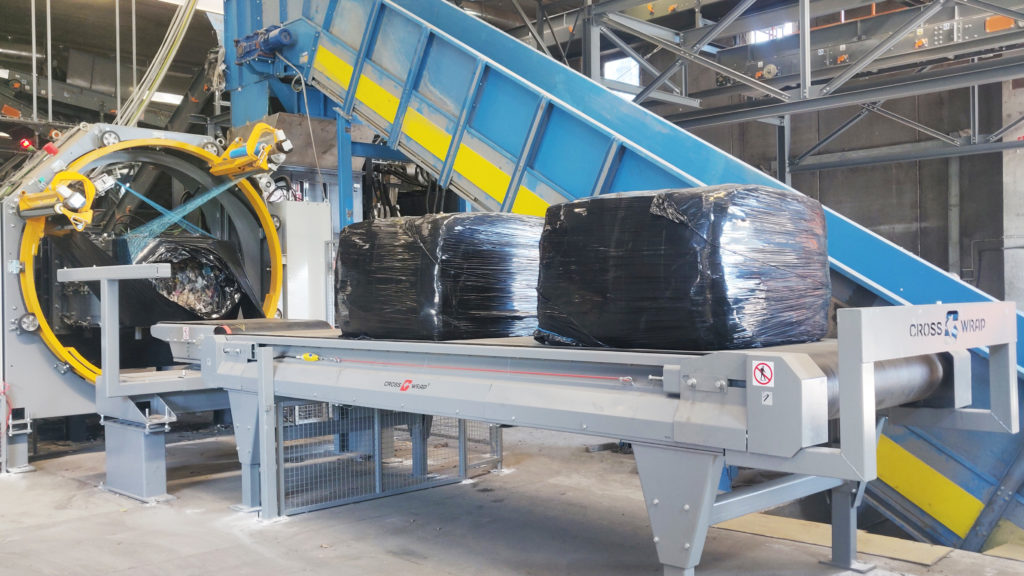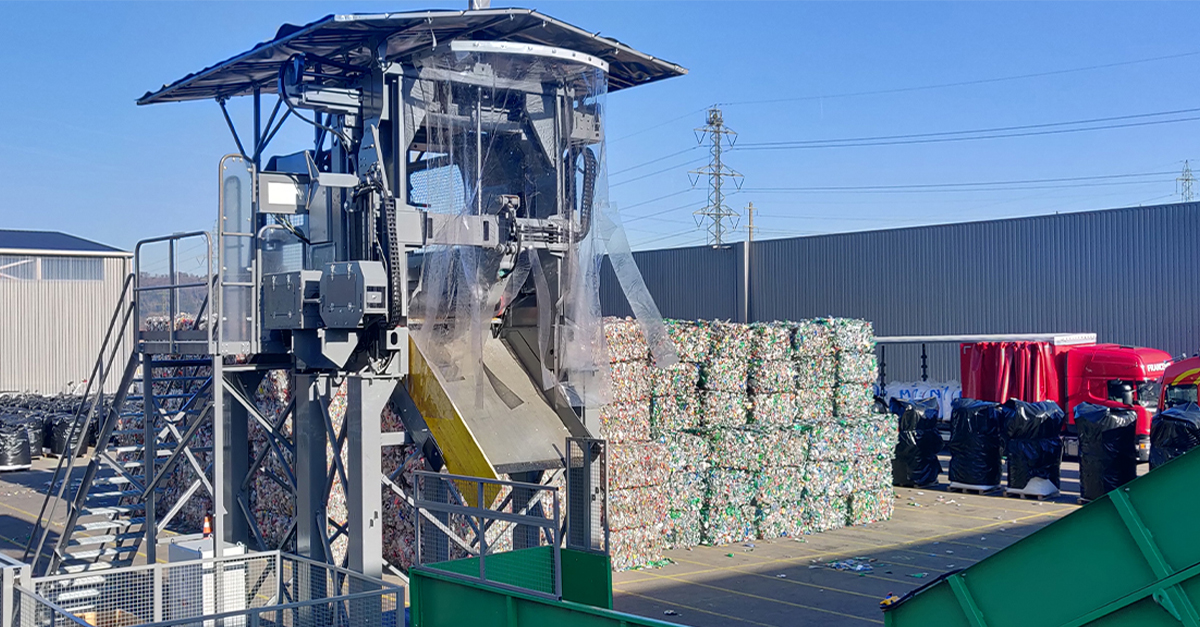Blog
Surviving the energy crisis with alternative fuel sources and energy conservation
Surviving the energy crisis
Europe is facing an unprecedented energy crisis, the largest one since the oil crisis in the 70s. Gas and oil prices are spiking rapidly, making energy and electricity impossibly expensive. The war in Ukraine, the sanctions against Russia which followed it, and the post-covid recession have hit people and industries hard. Industries affected include plastic recycling, cement manufacturing, paper and metal producers, and many others.
The lights need to be kept on, both in homes and production facilities. Must we revert back to using coal, or does this crisis create a window of opportunity for moving towards more sustainable energy sources, like alternative fuels? And what can be done to minimize energy use in industries most affected by the steep energy rises?
The energy crisis in a nutshell
Why are we facing such an energy crisis in the first place?
As the European Union and its member countries took action against Russia due to its attack on Ukraine, trade deals were abolished, and the free movement of people and goods over the Russian border was limited. The Russian government retaliated by cutting the EU countries’ access to many integral resources – including gas and coal.
All this geopolitical disruption has caused energy prices and bills to skyrocket, which has a highly negative impact on the living conditions for millions of Europeans in the upcoming winter, as many European countries are highly dependent on both fossil fuels.
On the industrial side, high gas and coal prices can lead to the worst-case scenario: halts in production and layoffs. This is already the reality for many industries, including metal, glass, paper, fertilizer, and cement producers.
Another industry suffering from high energy prices is plastic recycling, as many recycling companies are currently struggling to break even. Many recycling facilities run 24/7 and use a significant amount of energy, and as electricity costs have quadrupled, operators in the industry risk going out of business. This would be highly detrimental to the circular plastic economy.

In addition to the problems with gas, oil prices are considerably higher compared to the beginning of the year. This has caused issues in the freight industry, as well as made everyday transportation more costly. As many European economies are still recovering from the Covid-19 pandemic and are headed towards recession, this price increase will hit us all hard.
Read next: Transporting crosswrapped bales – shipping secured by baling and wrapping
Will the crisis boost green energy transition and sustainable practices?
As fossil fuels are becoming increasingly scarce and expensive, many manufacturers must turn to other energy sources to keep the factories running. There are reports that coal is again becoming a sought-after energy source – coal is currently being bought from Botswana and Tanzania to avoid Russia. However, this does not solve the problem long-term but rather is an easy fix that will cost us later. The soaring CO2 emissions will catch up with us someday.
Instead of coal, oil, or gas, we should look for ways to boost the green transition. Sustainable solutions to the crisis can be alternative energy sources and energy conservation.

Alternative fuels could be a more sustainable and affordable substitute for the expensive fossil fuels in many industries.
Alternative fuels like RDF and SRF are already used in many industries that require burning fuel in their processes. This includes cement manufacturing, where alternative fuels are burned in cement kilns, and many energy-from-waste facilities which turn the heat into electricity. Companies that have already began the green transition in terms of fuels are now reaping the positive results. Could the energy crisis increase the use of alternative fuels for companies that have not considered them before?
From another point of view, energy conservation can help us to keep costs down. As there is a clear economic incentive for cutting energy consumption, actions are more likely to be taken. Energy conservation can also have sustainability effects in both short and long term. If practices adopted during the energy crisis become standard practices, we can see long-term improvement in emissions.
Switch gas to alternative fuels
Cross Wrap’s bale wrappers are an industry-leading method in the alternative fuel industry for both manufacturers and users. The CW 2200 Bale Wrapper and the CW Direct Bale Wrapper are industry-leading automatic wrapping machines for all alternative fuel materials. If stocking up on alternative fuels is on your business’ to-do list this autumn, our machinery is the answer to handling, shipping, and storage of RDF and SRF.

The CW Direct Bale wrapper is widely used in the alternative fuel industry.
Benefits of the bale wrappers include:
- More efficient logistics: wrapped bales are denser, ensuring more material packed per m3, which utilizes transportation space more effectively
- Easy handling: crosswrapped bales are sturdier, as wrapping prevents bales from breaking, littering, or leaking
- Optimized film use: our high-quality automation ensures that the wrapping film is used where it is most needed
- Safe storage: wrapped bales do not require a storage building, as they can be stored outside without worries of combustion or bales being worn down by elements
- Retain calorific value: bale wrapping prevents the fermentation of alternative fuel materials, which helps to maintain the calorific value of the fuel
- Energy efficient program: set your bale wrapper’s program to energy-saving mode to use less electricity
In addition to the bale wrappers, the CW 3600 Bale Opener completes the most efficient alternative fuel handling method.
The bale opener makes material infeed easy and steady by automatically cutting the bale film, netting, and wires. Then the wrapping materials are coiled into tight bundles for easier handling and recycling. In addition to steady material infeed, the bale opener can reduce labor costs and improve workplace safety.
Cut costs in plastic recycling

The Cross Wrap Dewiring machine is the most energy-efficient solution for processing recycled plastic bales.
In a normal situation, energy consumption makes up roughly one-third of operational costs in plastic recycling. The other two-thirds of operational costs are labor and machinery maintenance. The automatic Cross Wrap Dewiring machine is a perfect solution for cutting costs on all fronts of the plastic recycling process.
How could the dewiring machine boost the cost-effectiveness of plastic recycling?
- Energy efficiency: compared to the other machinery in the field, the CW Dewiring machine is incredibly energy efficient. The machine uses 25 kW/h on average whilst running. When the dewiring machine is waiting for a new bale to be opened, it enters standby mode, turning off the hydraulics. This reduces energy consumption significantly. The machine will start automatically from standby mode when the sensor detects a bale.
- Automatic bale dewiring reduces manual labor: the machine cuts and removes wires from the bales automatically, which decreases the need for manual wire removal. This improves employee safety and frees employees to do more productive tasks, reducing labor costs.
- Smooth material infeed: when material infeed is steady, the machines can be run efficiently at all times.
- Wire coiling helps recycling: as the metal bale wires can be separated effortlessly from the material, they are easy to recycle – and can even be sold for profit!
- Less maintenance costs for other machinery: removing the bale wires from the plastic recycling process early on reduces maintenance costs and downtime for other machinery. Bale wires caught up in shredder blades, for example, slow down the process, wear the blades, and are difficult to remove.
Read next: Dewiring streamlines PET recycling in Canada: case Blue Mountain Plastics
Rely on our expertise
Are you struggling with energy prices? Whether the perfect solution for your problem could be a bale wrapper for producing better alternative fuel bales, a bale opener to keep the flow of fuel material reliable, or a dewiring machine for cutting costs in plastic recycling, we are happy to help! Contact our sales to learn more: sales@crosswrap.com
